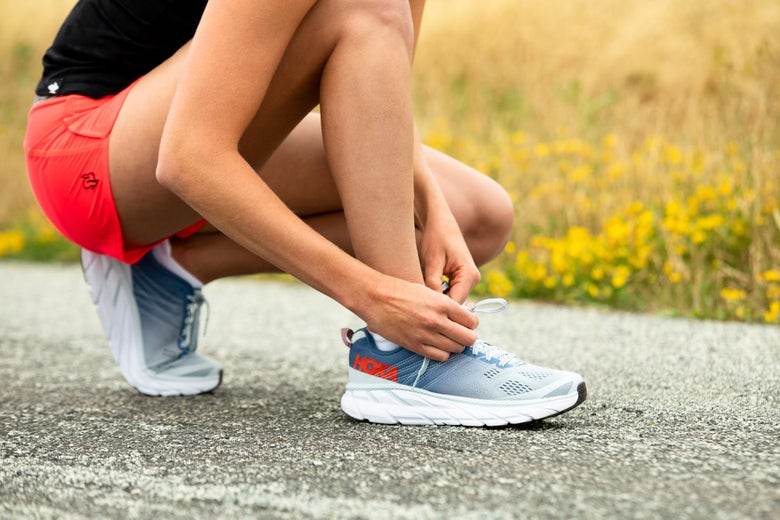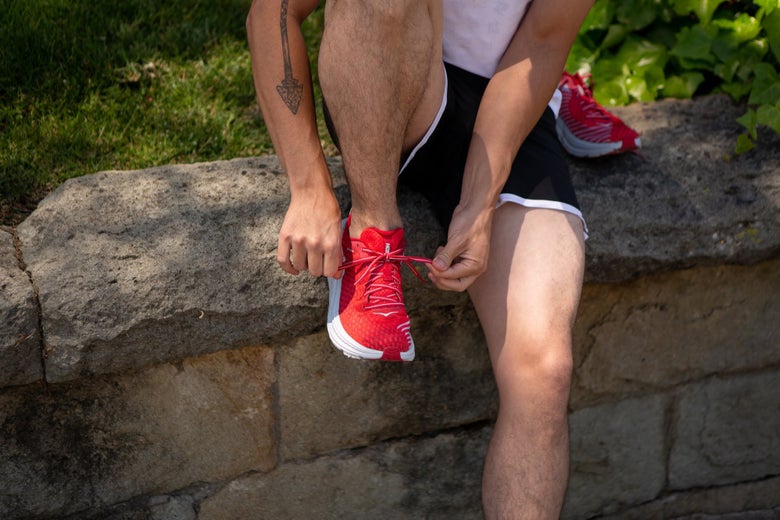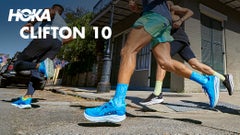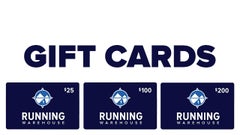Do Running Shoes Really Matter In a Half Marathon?
Presented by HOKA
Updated: December 13, 2023

There are a lot of factors that play into running a successful half marathon. Training, mindset, rest, nutrition, hydration, and race day conditions are just a few key components of running well for 13.1 miles. With all the effort you put into being prepared at the starting line, you will also want to put some thought into the gear that will help you cross the finish line - specifically, your running shoes.
The Case for Running-Specific Shoes
Running Shoes may look like other sneakers, but they contain specialized technology and design features to help you run. In other activities, your body may move from side to side, up and down, with bursts of speed and sudden stops, but in running, your foot hits the ground in basically the same way with each step. Unlike sneakers, running shoes are designed to prevent injury from that repetitive motion by offering specific cushioning to aid in absorbing shock and design features to help move you forward with greater ease. This becomes especially important when training for and racing a half marathon.

The Best Running Shoe for Your Half
There is no single running shoe that is the best choice for every person running a half marathon. Instead, there are a multitude of shoe options that can be narrowed down depending on your needs and goal for the day. For example, do you hope to win the race, set a new personal best, or simply finish and have a good time? There's an individual shoe designed to help achieve each of these goals, and which shoe you select will make a difference in your running experience on race day.
Training Shoes vs Race Day Shoes
Some runners will use what is called a "shoe rotation", which means they have multiple pairs of running shoes that they will strategically select from, depending on what kind of run they are doing. Rotating your shoes is helpful if you regularly do different kinds of running like speedwork or trail runs.
If you plan to race your half marathon in a racing shoe or a very lightweight shoe, you will probably want to consider investing in a pair of everyday shoes to use for the bulk of your training miles. However for many runners, especially those who are newer to running and not yet doing specific workouts, it is not necessary to rotate shoes, and one everyday shoe will work well for all training as well as the half marathon.









